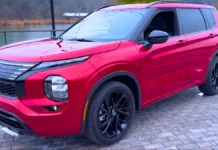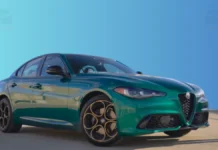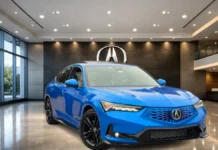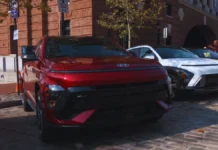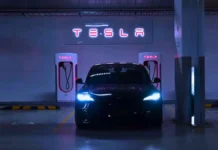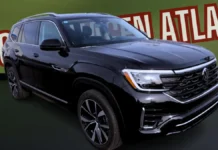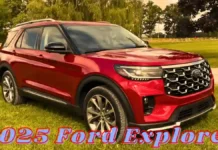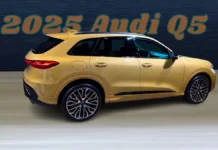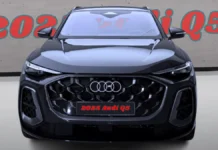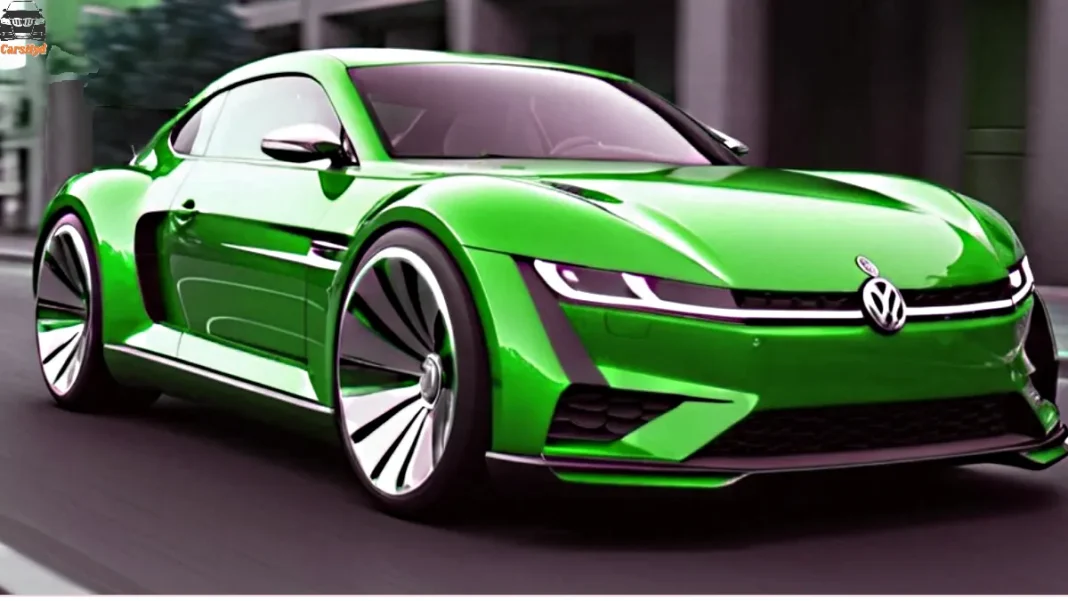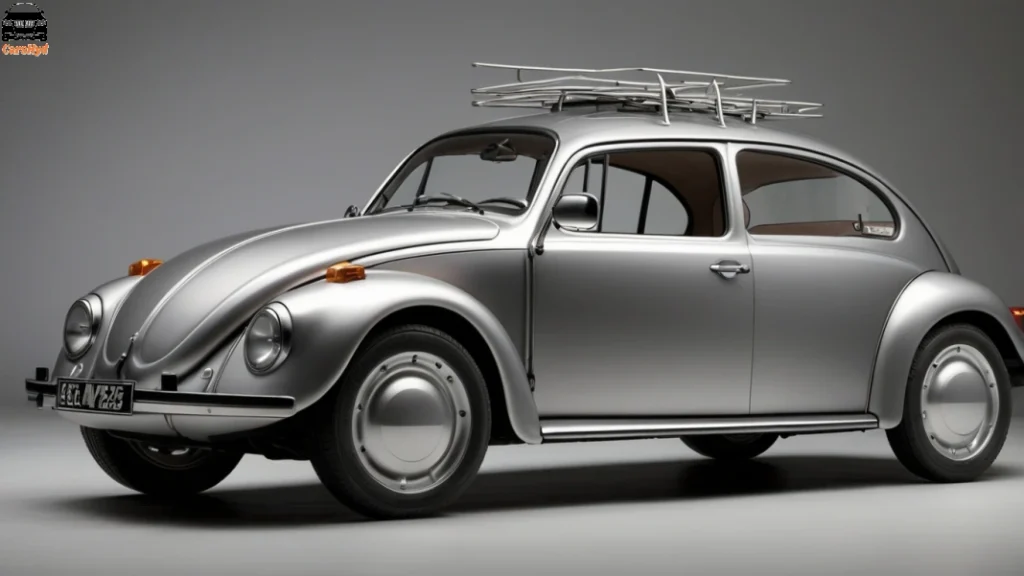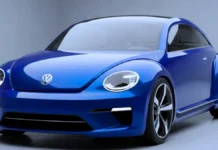As automotive enthusiasts eagerly anticipate the future of classic car models, a compelling question arises: Is there a 2025 VW Beetle? The iconic VW Beetle has captivated drivers for decades with its unique design and charm. This article delves into the current status and future prospects of the 2025 Volkswagen Beetle, exploring whether it will make a comeback in the automotive market. Before exploring 2025 possibilities, many readers are still searching for clarity around the Volkswagen Beetle 2024, including expected specs, pricing, and whether an official release ever existed.
Table of contents
The Legacy of the VW Beetle
Before we discuss the future, let’s take a moment to appreciate the rich history of the Volkswagen Beetle. Originally introduced in the late 1930s, this car quickly became a symbol of affordable, reliable transportation. Its distinctive shape and friendly demeanor earned it a loyal following around the world. Over the decades, the Beetle evolved, adapting to changing automotive trends while maintaining its core appeal.
The Beetle experienced several redesigns throughout its lifetime. The original model, known as the “Type 1,” became a cultural icon. In 1998, Volkswagen launched the “New Beetle,” which updated the classic design with modern features. This model was followed by the “Beetle A5,” which continued to evolve until its production ceased in 2019.
The Current Status of the VW Beetle
As of now, Volkswagen has officially discontinued the Beetle. The last model rolled off the production line in 2019, marking the end of an era for this beloved vehicle. This decision was influenced by several factors, including shifting consumer preferences and the company’s strategic focus on electric vehicles.
However, the discontinuation of the Beetle did not entirely erase its presence from the automotive landscape. The car continues to be a popular choice among collectors and enthusiasts, who appreciate its nostalgic value and classic design.
Speculations about the 2025 VW Beetle
With the Volkswagen Beetle 2025 being a topic of speculation, many are curious if a new model might make a return. While Volkswagen has not officially confirmed plans for a new Beetle, there are several factors to consider.
- Electric Vehicles and Market Trends: Volkswagen is heavily investing in electric vehicles (EVs) as part of its commitment to sustainability. The ID.3 and ID.4 represent the company’s shift towards electric mobility. Given this trend, a potential 2025 VW Beetle could potentially be reimagined as an electric vehicle. This would align with Volkswagen’s strategy while preserving the Beetle’s innovative spirit.
- Nostalgia and Brand Appeal: The Beetle’s iconic status makes it a strong candidate for revival. Nostalgia plays a significant role in the automotive industry, and reviving a classic model like the Beetle could capture the imagination of both old fans and new buyers. The blend of classic design and modern technology could offer a unique proposition in the market.
- Consumer Interest: Surveys and market research often indicate that there is still considerable consumer interest in the Beetle. Many drivers fondly remember their experiences with the car and would welcome a modern version. If Volkswagen sees a viable market for a new Beetle, it could influence their decision to bring it back.
The Potential Features of a 2025 VW Beetle
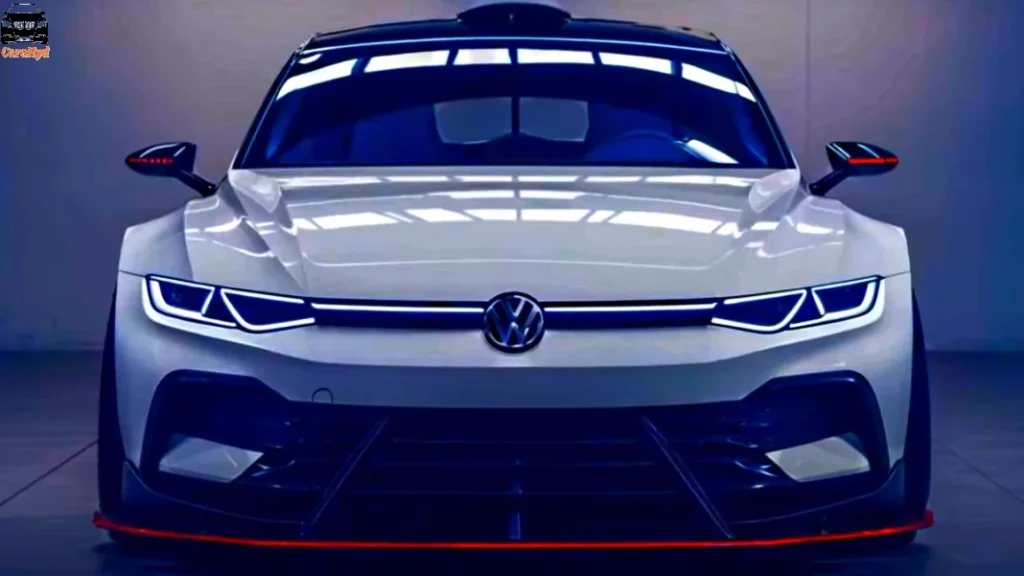
If Volkswagen decides to introduce a 2025 Volkswagen Beetle, several features and characteristics could be part of the package:
- Electric Powertrain: An electric 2025 VW Beetle could feature advanced battery technology, providing a range that meets modern expectations. The electric powertrain would offer smooth and quiet performance, aligning with the current automotive trends.
- Modern Design Elements: While maintaining its classic shape, a new Beetle would likely incorporate contemporary design elements. This could include LED lighting, updated interior materials, and the latest infotainment systems.
- Advanced Safety Features: Modern cars come equipped with advanced safety technologies. A 2025 VW Beetle could include features like adaptive cruise control, lane-keeping assist, and automatic emergency braking to ensure driver and passenger safety.
- Enhanced Connectivity: As technology advances, connectivity becomes increasingly important. The new Beetle could offer features such as Apple CarPlay, Android Auto, and a sophisticated navigation system.
Read also:
Challenges and Considerations
Reviving the Volkswagen Beetle for 2025 would come with its own set of challenges:
- Cost and Feasibility: Developing a new model involves significant investment. Volkswagen would need to balance the costs with expected returns. The feasibility of producing a new Beetle, especially as an electric vehicle, would be a critical consideration.
- Market Positioning: Volkswagen would need to carefully position the new Beetle in the market. It would have to stand out amidst a growing lineup of electric vehicles and meet the expectations of both existing fans and new customers.
- Environmental Regulations: Stricter environmental regulations may influence the design and production of new vehicles. Volkswagen would need to ensure that the 2025 VW Beetle meets all regulatory requirements while still delivering on performance and style.
CarsHyd Verdict: Is there a 2025 VW Beetle
In my opinion, the VW Beetle is an automotive icon that deserves its place in history. Its enduring appeal and impact on popular culture are testaments to its successful design. While I, like many others, would love to see a modern interpretation of this classic, I also understand the need for automotive brands to evolve and adapt to changing markets. The Beetle’s discontinuation reminds us of the importance of cherishing the classics while also embracing innovation and change. So, while we may not have a 2025 VW Beetle to look forward to, we can celebrate the rich history and cultural impact of this beloved car, and perhaps, just perhaps, anticipate a future electric revival.
Final Thought
In summary, the future of the 2025 VW Beetle remains uncertain but intriguing. While Volkswagen has not officially announced plans for a new Beetle, the possibility of a modern reinterpretation of this classic cars cannot be entirely ruled out. Factors such as the shift towards electric vehicles, consumer interest, and the Beetle’s nostalgic value all play a role in shaping its potential future.
The 2025 Volkswagen Beetle could be an exciting blend of classic charm and modern innovation. Whether it will materialize as an electric vehicle or in another form remains to be seen. For now, automotive enthusiasts and fans of the Beetle will have to wait and see if Volkswagen decides to honor the car’s legacy with a new model.
Post You May Find Useful:
- The Iconic VW Beetle: a full review in 2024
- Volkswagen VW Beetle 2025: Exploring the Future of Iconic Design
- 2025 VW Beetle Interior Review: What’s New & Improved?
- Is a 2025 Volkswagen Beetle Cabriolet Actually Happening?
2025 VW Beetle FAQs
Q1: Is Volkswagen planning to release a 2025 Beetle?
As of now, Volkswagen has not officially announced plans to release a 2025 Beetle. The last Beetle model was discontinued in 2019.
Q2: Why was the Beetle discontinued?
The Beetle was discontinued in 2019 due to shifting consumer preferences and Volkswagen’s strategic focus on electric vehicles.
Q3: Could the Beetle make a comeback as an electric vehicle?
While there’s speculation about an electric Beetle, Volkswagen has not confirmed any such plans. The company is currently focusing on models like the ID. Buzz. motortrend.com
Q4: What features might a new Beetle include?
If revived, a new Beetle could feature an electric powertrain, modern design elements, advanced safety features, and enhanced connectivity.
Q5: What challenges would Volkswagen face in reviving the Beetle?
Challenges include development costs, market positioning amidst a growing EV lineup, and meeting environmental regulations.
Q6: Is there consumer interest in a new Beetle?
Many enthusiasts express interest in a modern Beetle, but Volkswagen would need to assess market viability before proceeding.
Q7: What is Volkswagen focusing on instead of the Beetle?
Volkswagen is concentrating on expanding its electric vehicle lineup, including models like the ID. Buzz and ID.4. vw.com
Q8: How has the Beetle’s legacy influenced Volkswagen’s design?
The Beetle’s iconic design continues to inspire Volkswagen’s commitment to combining classic aesthetics with modern technology.
Q9: Are there any concept designs for a new Beetle?
Various independent designers have created concept art for a modern Beetle, but no official designs have been released by Volkswagen.
Q10: Where can I find more information about Volkswagen’s future models?
For the latest updates on Volkswagen’s lineup, visit their official website or authorized dealerships.

